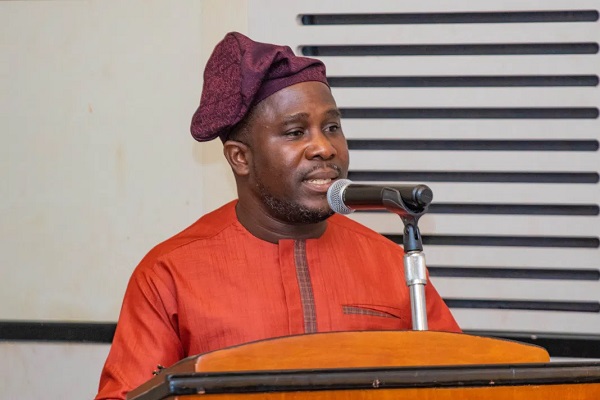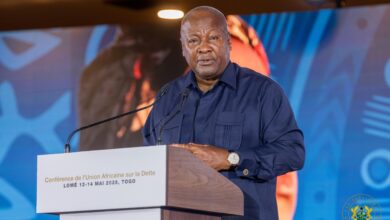
The Institute for Energy Security (IES) has issued a stark warning that the government may soon be compelled to ramp up power imports to stabilize Ghana’s energy supply.
This caution comes on the heels of a significant development—Sunon Asogli Power (Ghana) Limited has halted operations at its 560 MW power plant due to the Electricity Company of Ghana’s (ECG) inability to settle its outstanding debts.
According to the Institute for Energy Security, the shutdown is alarming, especially as Ghana had already been importing electricity for the past four consecutive weeks.
Speaking in an interview, Institute for Energy Security Executive Director Nana Amoasi VII expressed deep concerns about the sustainability of the country’s energy supply.
He noted that while the shutdown’s effects haven’t yet been fully felt due to favourable weather conditions, the situation could deteriorate as the dry season approaches.
“Over the last four weeks, we have been importing power, particularly from Côte d’Ivoire, even while Sunon Asogli was still generating electricity.
On a typical day, they produce more than 400 megawatts. The shutdown’s impact hasn’t been immediately felt because of the weather, but as we move out of the rainy season, it may soon become evident,” Nana Amoasi VII warned.
He also referenced a similar incident in December 2023 when Sunon Asogli first halted operations, prompting swift government intervention.
This time, however, he suggested that the government’s initial response seems to rely more heavily on power imports, with negotiations with Sunon Asogli yet to take place.
Nana Amoasi VII urged the government to address the underlying issues plaguing ECG.
“I don’t think the ECG can resolve these challenges within two or three months.
What’s needed is substantial investment in their operations, improved competence, and a reduction in political interference if we are to avoid recurring energy crises,” he concluded.
As Ghana faces mounting energy challenges, the Institute for Energy Security warns that without urgent, long-term solutions, the country’s reliance on power imports could become more frequent, threatening both economic stability and energy security.
Story by: Mercy Addai Turkson




